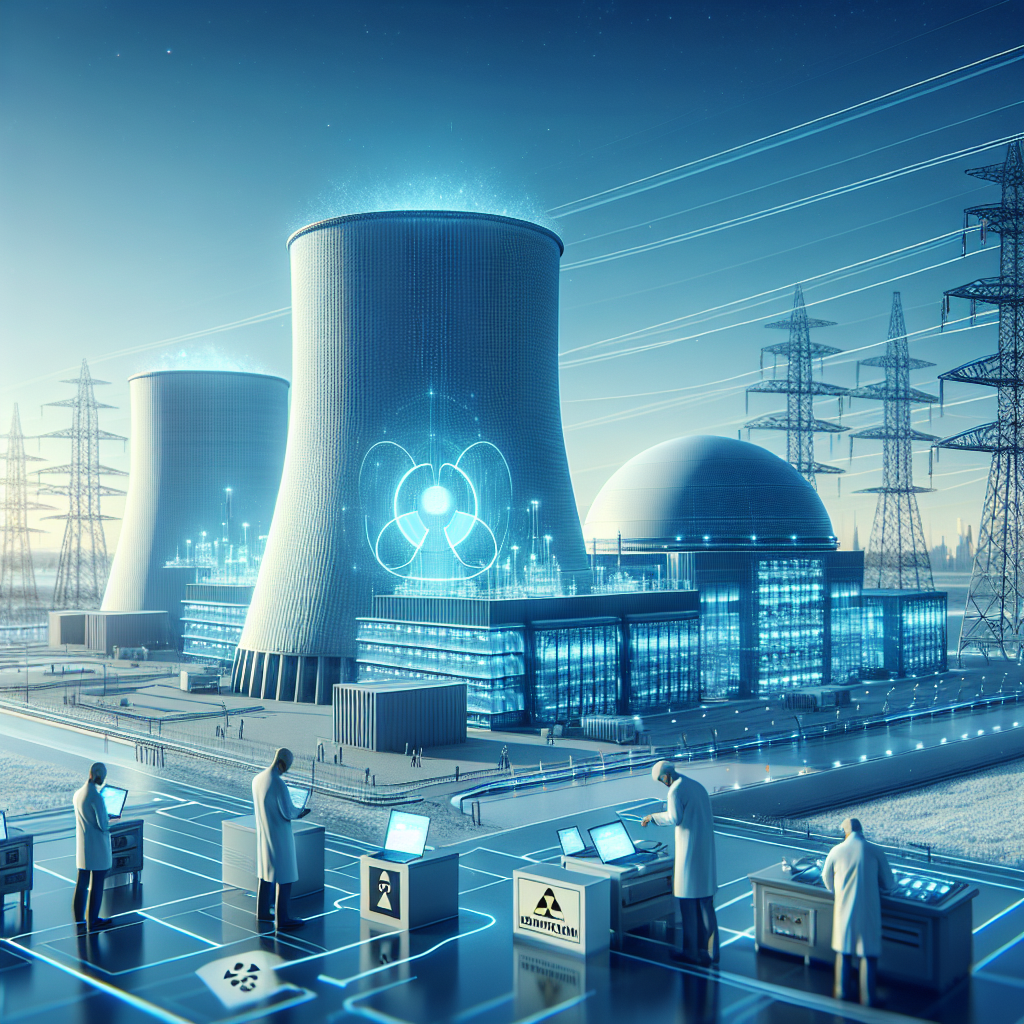IAEA Mission Commends Latvia’s Emergency Preparedness, Urges Further Strengthening
“Over the course of our work, we observed a strong commitment across institutions to enhancing nuclear and radiological emergency preparedness and response in Latvia,” Salinas Mariaca said.

- Country:
- Latvia
An expert team from the International Atomic Energy Agency (IAEA) has concluded a ten-day Emergency Preparedness Review (EPREV) mission in Latvia, highlighting the country's strong institutional commitment to nuclear and radiological emergency preparedness while recommending further steps to enhance coordination and resilience.
The mission, conducted at the request of the Government of Latvia and hosted by the Radiation Safety Centre of the State Environmental Service (RSC SES), reviewed the nation's emergency preparedness and response (EPR) framework against IAEA safety standards.
Ensuring Safety Without Nuclear Power Generation
Although Latvia does not operate nuclear power plants, it manages various radiation sources used in medicine, research, and industry. The country's only research reactor, closed permanently in 1998, is currently being decommissioned. Latvia also operates a disposal and storage facility for low- and intermediate-level radioactive waste, located roughly 30 kilometres from the capital, Riga.
Given its reliance on radiation in key sectors, maintaining robust emergency systems remains vital. "Even without nuclear power plants, radiological emergencies can arise from medical, industrial or transport incidents involving radioactive materials," the IAEA noted.
A Collaborative National Effort
During their mission, the EPREV team met officials from several Latvian ministries and institutions — including the Ministry of Climate and Energy, Ministry of Agriculture, State Emergency Medical Service, State Fire and Rescue Service, and Pauls Stradins Clinical University Hospital — as well as agencies responsible for environmental protection, meteorology, food safety, and animal health.
The six-member review team was led by Genaro Rodrigo Salinas Mariaca, Senior Specialist on Emergency Preparedness and Response at the Federal Authority for Nuclear Regulation of the United Arab Emirates. Experts from Bulgaria, Indonesia, Portugal, Finland, and the IAEA joined the mission.
"Over the course of our work, we observed a strong commitment across institutions to enhancing nuclear and radiological emergency preparedness and response in Latvia," Salinas Mariaca said. "The outcomes of this mission highlight both well-established practices and valuable opportunities for further strengthening integration, coordination and resilience."
Strengths in Latvia's Preparedness Framework
The review team commended Latvia for several key achievements in its emergency preparedness framework:
-
Leadership and initiative: The RSC SES has shown consistent determination in leading national preparedness and response initiatives, despite staffing constraints.
-
Effective communication systems: The government has built reliable communication channels to ensure timely information dissemination during emergencies and to provide psychological counselling to responders and affected populations.
-
Public trust and engagement: Ongoing initiatives to strengthen public confidence through transparent crisis communication have been instrumental in improving national readiness.
Recommendations for Further Improvement
While acknowledging these strengths, the IAEA experts made several recommendations to enhance national resilience and ensure full alignment with international safety standards:
-
Regulatory alignment: Update national emergency laws and frameworks to match relevant IAEA safety standards.
-
Coordination mechanisms: Implement a unified national coordinating mechanism across all emergency response organizations.
-
Crisis integration: Integrate the national Crisis Management Centre into the emergency framework for greater operational coherence.
-
Hazard assessment: Conduct systematic hazard assessments to support a graded, optimized approach to nuclear and radiological emergencies.
-
Operational guidance: Adopt reference levels and intervention criteria that define clear protection measures for emergency workers and helpers.
-
Environmental monitoring: Establish robust systems for environmental and food safety monitoring during and after emergencies, with clear criteria for transitioning from response to recovery.
The team also underscored the importance of ensuring adequate staffing and technical expertise across RSC SES and other relevant institutions to maintain a sustainable and effective response capacity.
Latvia's Commitment to Continuous Improvement
Latvia's Minister of Climate and Energy, Kaspars Melnis, expressed gratitude for the IAEA mission and pledged to implement the recommendations. "This review has enabled us to benchmark our systems against international best practices, identify areas of strength and pinpoint opportunities for improvement," he said.
"We are committed to translating the mission's findings into concrete measures to further enhance our preparedness and response capabilities, ensure public confidence, and remain aligned with international safety standards," Melnis added. "Latvia values its partnership with the IAEA and looks forward to deepening cooperation in the years ahead."
IAEA's Role in Strengthening Global Preparedness
The EPREV service, one of the IAEA's key peer review mechanisms, helps Member States evaluate and improve their readiness to respond to nuclear and radiological emergencies. It also assists in aligning national frameworks with the IAEA Safety Standards and International Health Regulations (2005).
By hosting the mission, Latvia joins a growing list of countries that have undertaken independent assessments to reinforce public safety and build resilience against radiological risks. The IAEA will continue to work with Latvian authorities as they implement follow-up actions to strengthen their emergency management system.
ALSO READ
-
IAEA Confirms Fukushima Water Discharge Meets Global Safety Standards
-
IAEA Review Praises Kenya’s Progress on Nuclear Safety, Urges Further Reforms
-
IAEA Inspections: An Ongoing Dialogue with Iran
-
IAEA, Russia Expand Nuclear Leadership Training to Empower Global Workforce
-
IAEA and Ontario Tech Expand Collaboration to Advance Nuclear and AI Security









